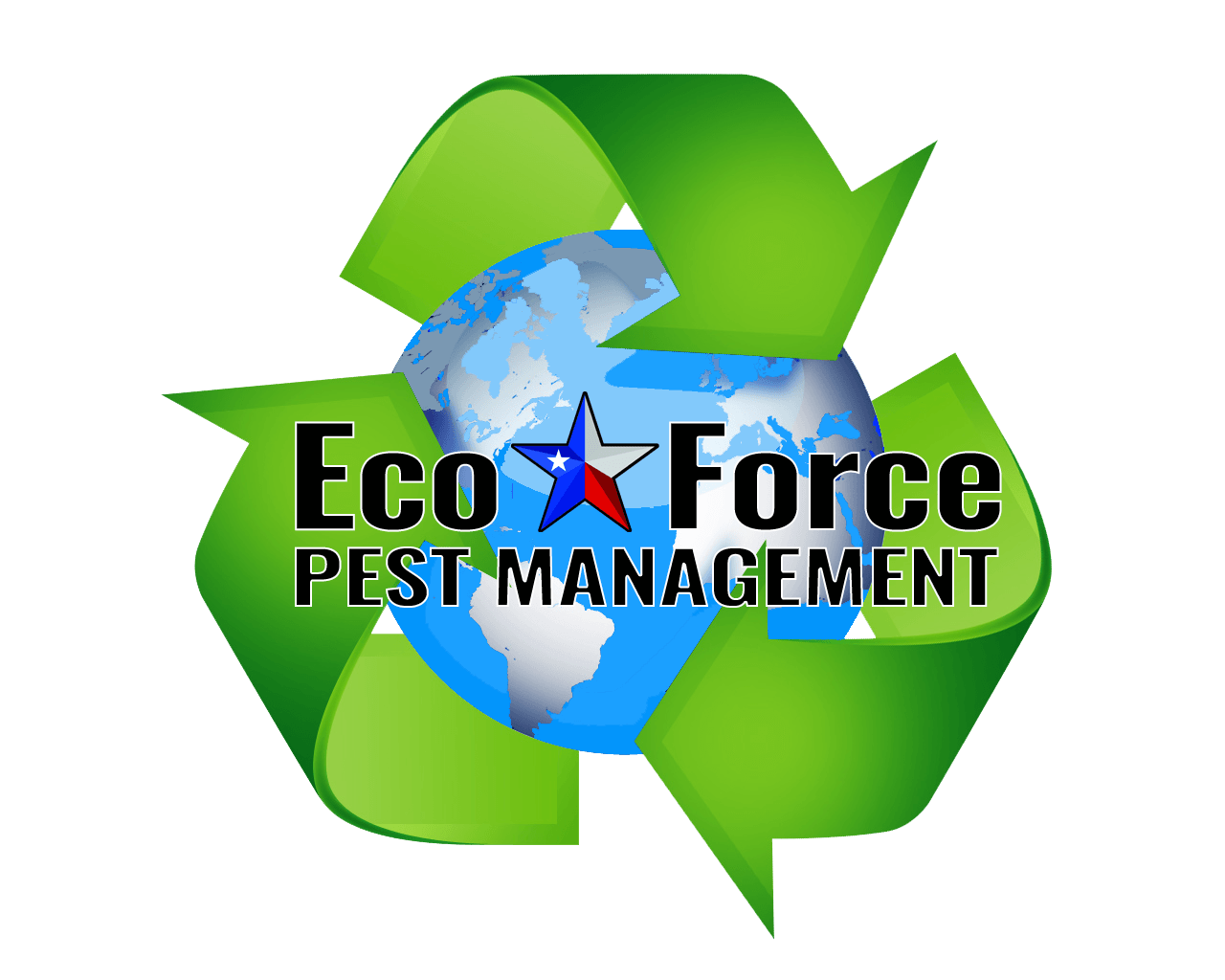Rodent Pest Control Services
Guaranteed Rodent Extermination In Texas
Rodents pose a serious threat to humans because they can spread disease and cause severe damages. Their populations get out of hand quickly because rodents reproduce at alarming rates. EcoForce’s goal is to maintain a rodent free environment for your home and business. Our technicians are licensed and have an in-depth knowledge of how to treat for rodents in a way that produces results. We customize treatment plans that cater to your specific rodent problem. We also implement prevention strategies to complete our integrated pest management approach. If you have seen signs of rodents or rodent activity, call today to get an EcoForce rodent control expert out today for an inspection.
Local Veteran Owned & Operated
Pest FREE Guarantee
Competitive Pricing
Eco Friendly
Locally Owned
EcoForce Rodent Services
Our team of rodent experts at EcoForce are trained to provide different rodent treatment options that are designed to completely exterminate the rodent problem you are facing. Our services extent to rodent cleanup which will clean out and remove rodents and their droppings in addition to providing deodorizer.
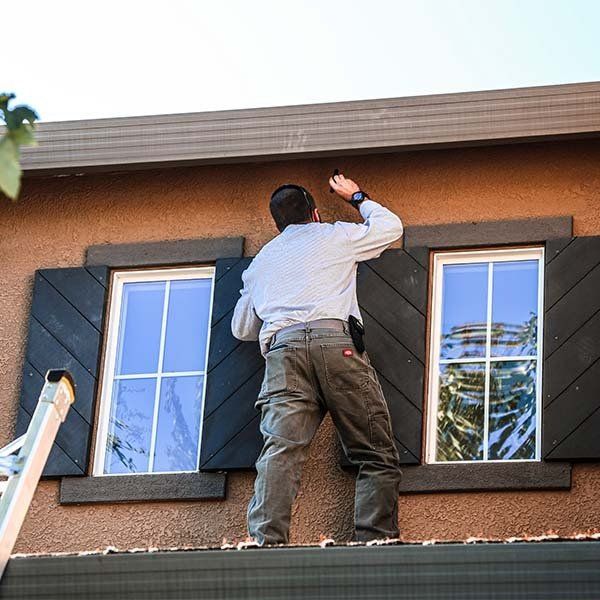
Rodent Inspection
Our rodent treatment plans require a thorough inspection to determine where rodents are gaining access to your home and where they are most active to effectively treat them.
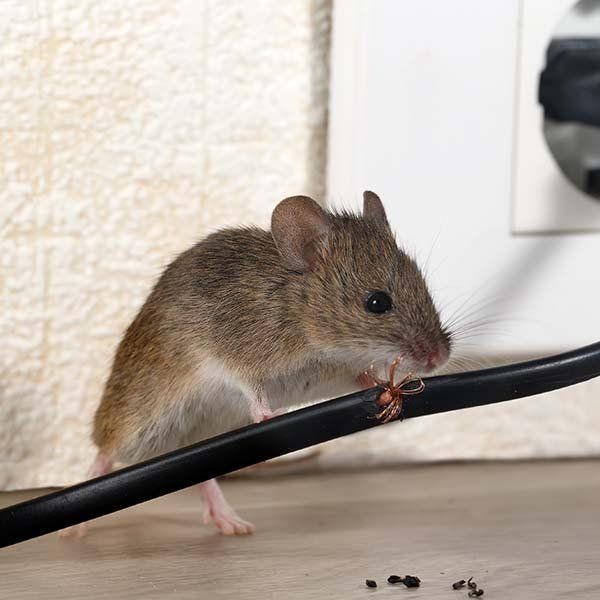
Rodent Identification
Rodent identification is done during the inspection and helps determine the best treatment option needed to properly exterminate the rodents.
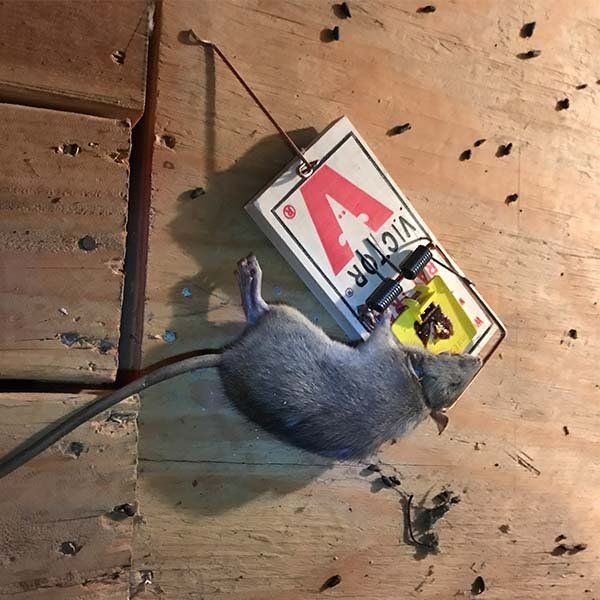
Rodent Trapping
Trapping is one of the most common methods of rodent treatment. It typically includes the use of snap traps, glue traps, live traps, and baits.
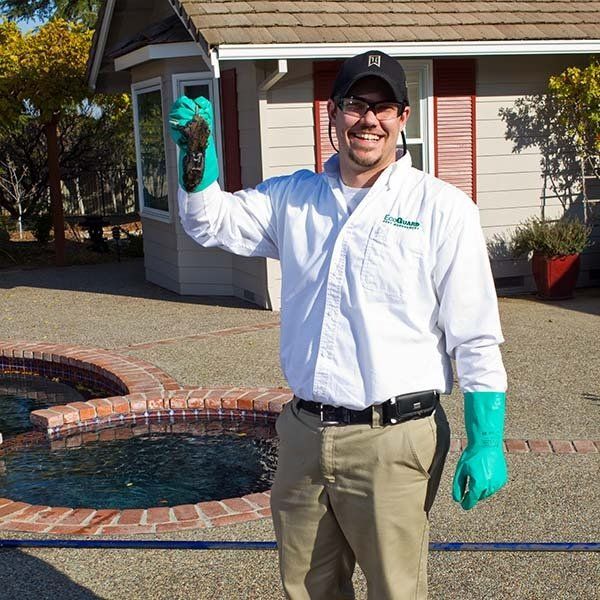
Rodent Removal
Rodents that end up snared in traps will need to be cleared out before they start to decay.
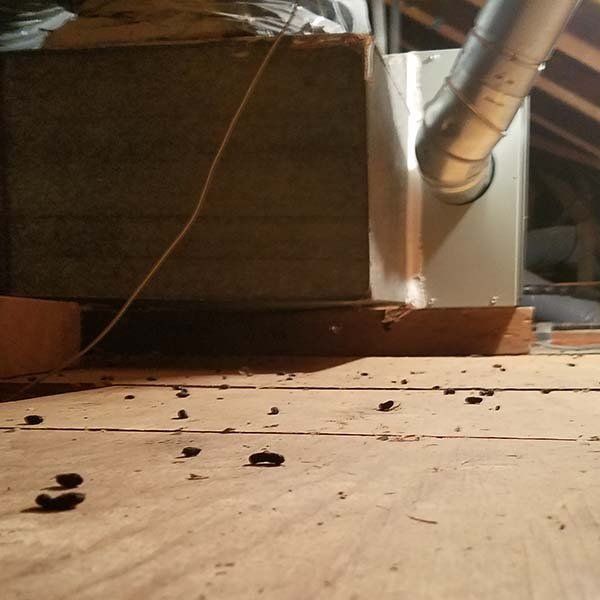
Rodent Sanitization
Rodents generally leave a mess. Their fecal waste and urine leave an unpleasant smell that will need to be cleaned and sanitized to deodorize that infested area.
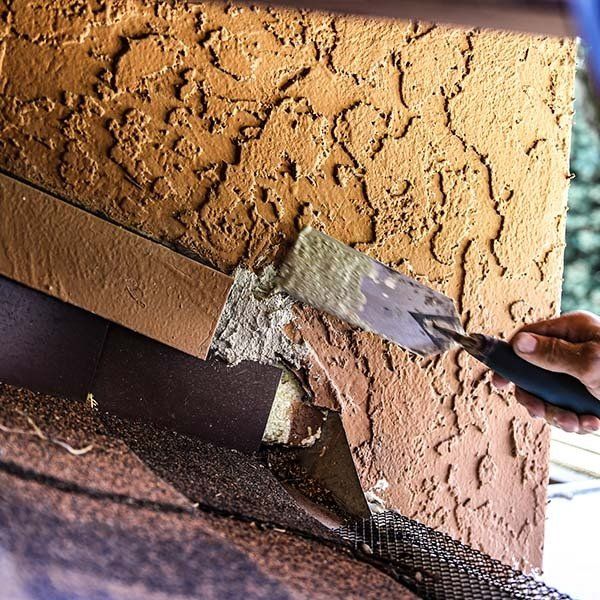
Rodent Exclusion
Proper prevention starts with eliminating access points that rodents are using to get into your home.
Types of Rodents
EcoForce treats a variety of rodents. The list below are the most common rodents that will attempt to gain access to your property. If your rodent isn't listed please call our service professionals for additional resources.
- Norway Rats – Brown rats are the biggest rodent most homeowners encounter. They are burrowing rodents that prefer burrows for safety. That said, they are also commonly found in sewers in major cities where there are no places for them to burrow.
- Roof Rats – Black rats are agile climbers and are generally found in trees but will also make their way into a home’s attic through branches that may provide access to a homes roof.
- House Mice – These smaller rodents are extremely problematic because they have several large litters a year. They are bold and curious which will lead them in your home in search of food and shelter.
- Gophers – These rodents burrow underground which can result in damage to underground power lines, irrigation, and crops.
- Moles – These are another burrowing rodent that will ruin landscaping in search of grubs and other bugs to feed on.
- Ground Squirrels – Squirrels species determine if they thrive in burrows or in trees, but burrowing squirrels can be addressed with appropriate rodent control treatment options.
Proven Rodent Solutions
Rodent Exclusion
Rodent exclusion is an effective prevention tactic that eliminates the access points used by rodents to gain entry into your home. This is especially important because rats and mice can chew through just about anything in their search for food which make some areas vulnerable. The only way to provide support to these areas is to reinforce them so rodents can no longer get in.
Rodent Traps & Baits
There are several effective strategies for managing a rodent problem. There are a wide variety of rodent traps available including glue traps, snap traps, and live traps. Each rodent trap has their own benefits and are all highly effective when placed strategically in areas that are known for high rodent traffic. Another method is using poison baits also known as rodenticides. They are bait stations made of chemicals that are lethal for rodent types. EcoForce pest control specialists have been trained to utilize these methods in the safest and most humane way possible to ensure that rodent populations are successfully eliminated.
Rodent Sanitation
Rodent infestations always come with an abundance of waste which is extremely dangerous to deal with because it contains pathogens like hantavirus. Cleaning up after rodents’ waste and urine requires some caution so it is recommended that you have trained experts come take care of the rodent problem all together. Our team will clean up rodent waste and dead rodents that are caught in the traps.
How Do I Know I have Rodents
10 Signs That You Might Need Rodent Control
- Chew Marks – Rodents chew through a lot of different building materials to get to their next meal. This can include chewing through plastic, soft metals, drywall, and wood so if there are holes that have rough edges where they shouldn’t be, it is likely rodent chew marks.
- Musky Odor – Rodent waste and urine leave a sour, musky smell that contains pheromones that attracts other rodents.
- Rotting Odor – The smell of decay usually indicates that a rodent has died somewhere within the walls or under the floor.
- Rodent Feces – Rodent poop likes like brown grains of rice. Rodent poop a lot so this is usually one of the first signs of rodents people see.
- Entry Holes – Rodents can create their own access points so if you notice holes in cabinetry or baseboards, it’s usually rodents.
- Scratching Sounds – Rodents can be heard at night as they move around inside wall cavities.
- Odd Pet Behavior – Cats and dogs will react to rodents before humans see or hear them.
- Tracks / Runways – Rodents follow the same pathways so they will leave trails of oil smears, hair, and prints.
- Nests – Rodents shred soft material to use in their nest so finding damage to paper, insulation, or clothes may indicate that rodents are creating a nest.
- Dirt Mounds – Burrowing rodents will disrupt a clean landscaping job, so signs of holes or tunnels indicates an unwelcome rodent.
Are Rodent a Threat?
Rodents are a serious health threat to humans. They can carry several pathogens and parasites that can be passed on to humans through contamination or contact. It is common for rodent waste and urine to be contaminated with hantavirus. Rodent can contaminate food resources with salmonella. Rodents can also bite which can lead to diseases like rabies and rat bite fever. They can even bring in pests that can spread diseases like the plague and Lyme disease.


